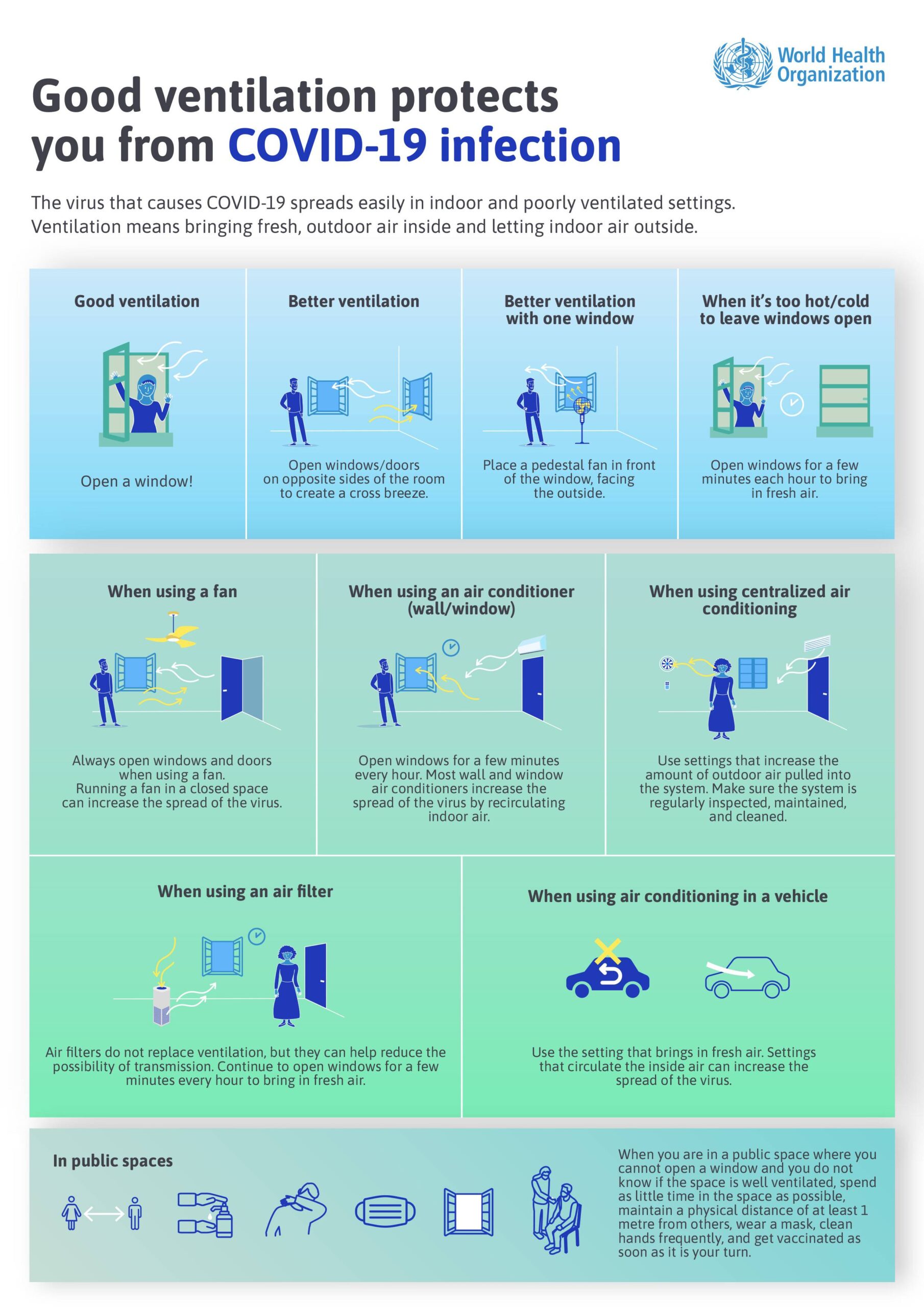Air Purifiers Really Clean COVID-Causing
In a recent study, researchers showed that HEPA filters, combined with ultraviolet light, cleaned the airborne particles of COVID. Hospital-acquired SARS-CoV-2 was reduced by up to 80%, and the filtering effectiveness was confirmed in other settings. These results are significant because they are the first to show the efficacy of portable air filters in a real-world setting.
But there are other factors to consider when choosing an air cleaner. Besides COVID, a filter must be able to remove other pathogens present in the air, including bacteria, fungi, and viruses. A staph-related infection can be transmitted through aerosol particles and can result in a weakened immune system. Other pathogens that can be removed by a filter include MRSA and influenza, which can be spread through droplet nuclei.
Choosing an air filter isn’t easy. There are many types of air cleaners, but most of them don’t filter COVID-causing virus. The key is finding a filter that is the right size for your space. Typically, the manufacturer will indicate the unit’s square footage. Ensure that the filter is HEPA (high efficiency particulate air) and has a CADR of at least 1 mm.
best school air purifier for covid
A portable air filter can also be an inexpensive way to reduce the risk of airborne pathogens. While most hospitals in Canada use HEPA air cleaners, they are rarely used. The filter does not protect patients from only COVID-coV-2, but removes other pathogens as well. For example, in the study, HEPA filters were able to remove other pathogens such as Staphylococcus aureus and Escherichia coli.

Do Air Purifiers Really Clean COVID-Causing Virus?
While there is no proof that filters clean COVID-coV particles from the air, they are an excellent option for hospitals. These filters can be portable and are effective in removing SARS-CoV-2 particles. Furthermore, if installed correctly, they can significantly reduce the spread of this deadly virus. They can also be used in hospitals and medical facilities. The filtering technology in these air cleaners allows for the cleaning of very small viruses.
It is important to note that the air filters do not only clean the COVID-causing virus. They also clean the other pathogens that can affect a patient’s health. For instance, a filter can remove staph particles from the air. These filters are effective in cleaning the airborne particles of bacteria and fungi, including Staph-coV-2.
Improved ventilation and HEPA air filters can reduce COVID infection rates. The combination of these two strategies is the most effective method for preventing the spread of this dangerous virus. Moreover, the filtering and ventilation processes can decrease the transmission of COVID-19. This is why the combination of ventilation and filtration can dramatically reduce the incidence of the disease. Despite the fact that the filtering and ventilation technologies are largely ineffective in eliminating the virus, they are still helpful in reducing the spread of the COVID-causing virus.